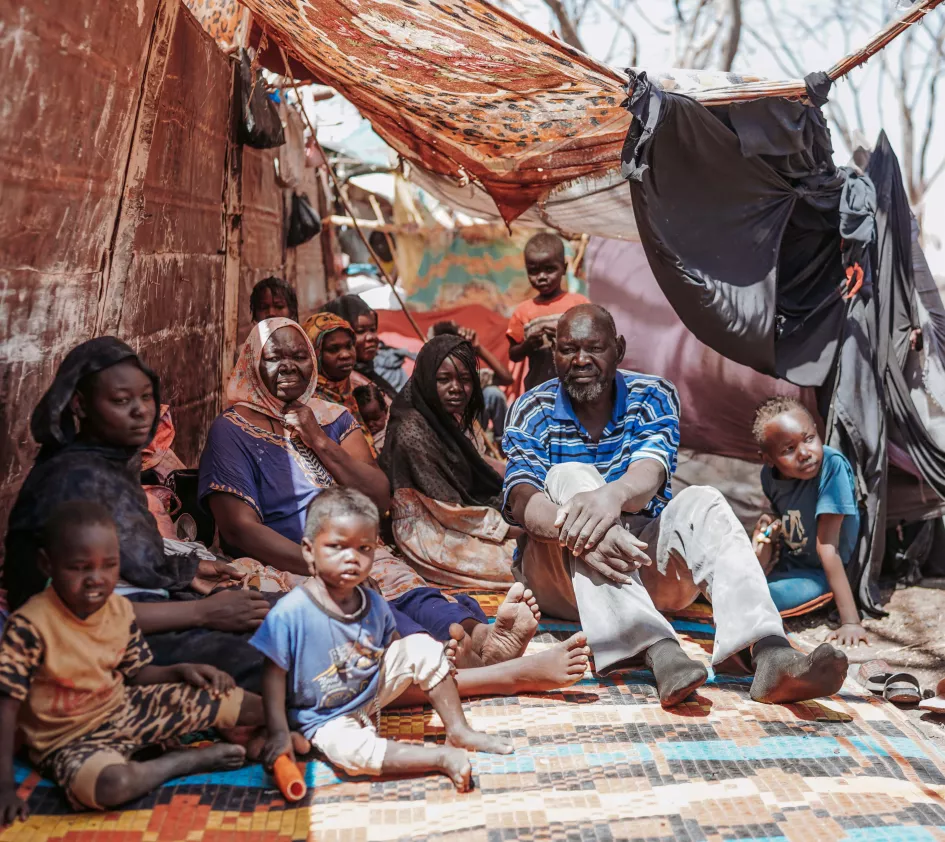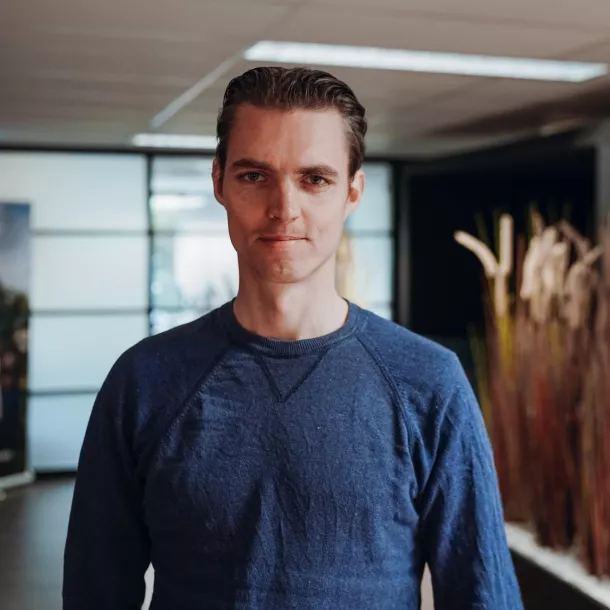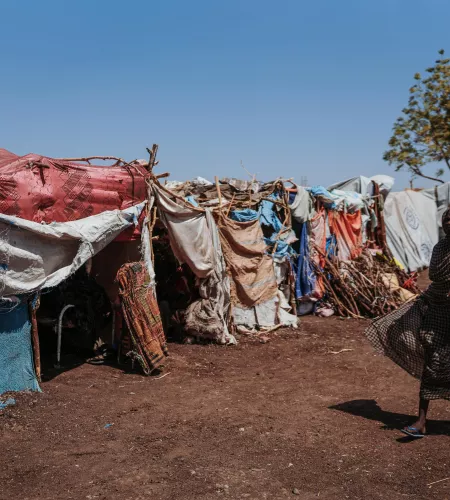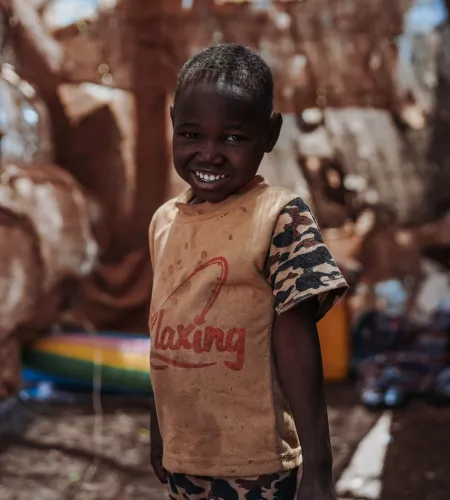Hopelessness
Hielke swallows. There is a silence. The room filled with ZOA colleagues holds its breath. They have never experienced their colleague Hielke Zantema like this. But now, he seems broken. “Physically I am back, but mentally I am not quite there yet.”
During the opening of the week at the ZOA office in the Netherlands, colleagues who return from disaster areas regularly talk about their experiences. Due to the type of work that ZOA does, this is often overwhelming. But Hielke has already seen and experienced so much…




